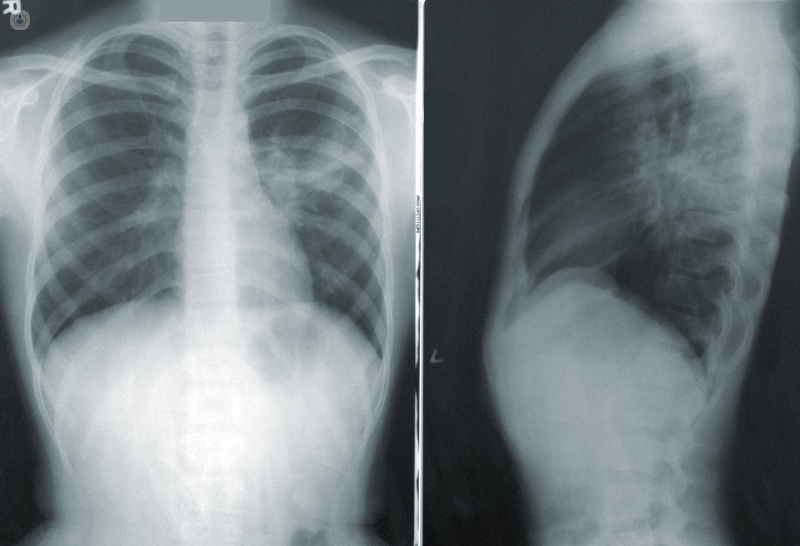Breathing problems
Mr Richard Hewitt - Paediatric otolaryngology
Created on: 03-14-2017
Updated on: 09-21-2023
Edited by: Aoife Maguire
What are breathing problems?
Breathing problems can be defined as sudden shortness of breath, or breathing difficulty (dyspnoea).
If you have over-exerted yourself, it would be normal for you to be out of breath. However, when breathlessness comes on suddenly and unexpectedly, it is usually a warning sign of a medical condition.

Breathing problems are usually experienced as:
- sudden shortness of breath
- long-term shortness of breath
What causes breathing problems?
Short term breathing problems
Unexpected and sudden breathlessness is most likely to be caused by one of the following health conditions.
- Asthma attacks -This means your airways have narrowed and you'll produce more phlegm (sticky mucus), this makes it difficult to move air in and out of the airways, thus making you feel breathless. This would cause you to cough and wheeze. of the airways.
- Pneumonia (lung inflammation)
- COPD
A heart problem
- Heat attack - It's possible to have a "silent" heart attack without experiencing all the obvious symptoms, such as chest pain .
- Heart failure - It can also cause breathing difficulties.
- Atrial fibrillation ( an irregular and fast heart rate).
- Supraventricular tachycardia (SVT) (regular and fast heart rate).
Panic attack or anxiety
A panic attack can cause you to hyperventilate (rapid or deep breaths). Slowing your breathing or breathing through a paper bag should bring your breathing back to normal.
Long-term breathlessness is usually caused by:
- Being unfit or obesity.
- poorly controlled asthma.
- chronic obstructive pulmonary disease (COPD).
- anaemia.
- heart failure.
- atrial fibrillation (an irregular and fast heart rate).
- supraventricular tachycardia (regular and fast heart rate).
More unusual causes of long-term breathlessness are:
- Bronchiectasis.
- Pulmonary embolism.
- Partial collapse of your lung caused by lung cancer.
- Pleural effusion.
- Restricted blood flow to the rest of the body due to a narrowing of the main heart valve.
- Frequent panic attacks.
What is the prognosis of illness/condition
This would depend on the cause of the breathing problems.
Medical tests to diagnose the causes of breathing problems
- Imaging of the lungs with a CT scan.
- Chest x-ray.
- Measuring oxygen and blood pressure
- Checking the history of symptoms.
How is shortness of breath treated?
This would depend on the causes of breathing problems. However, the underlying condition may need other therapies depending on which part of the lungs are affected.
- Medication
- Non-pharmalogical tools
Asthma
In the case of asthma, your doctor may advise you to use a spacer device with your asthma inhaler. This would deliver more medicine to your lung, helping to relieve your breathlessness.
COPD
- Stopping smoking and medication to relieve symptoms.
- Pulmonary rehabilitation.
- Surgery in some cases.

















